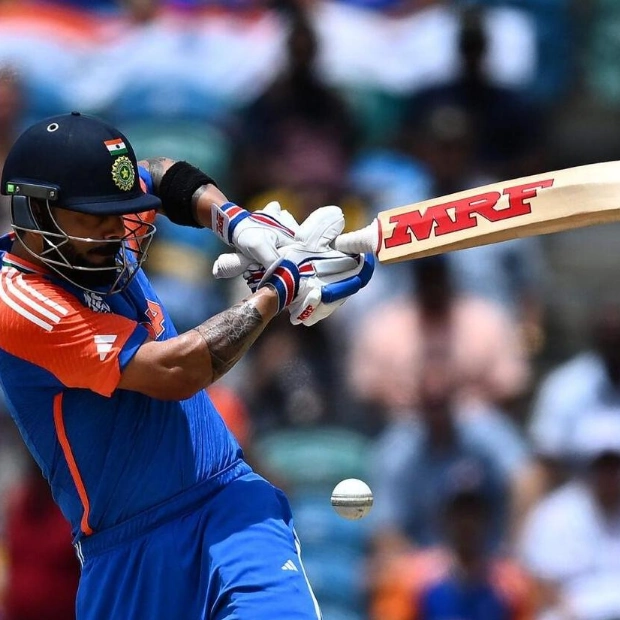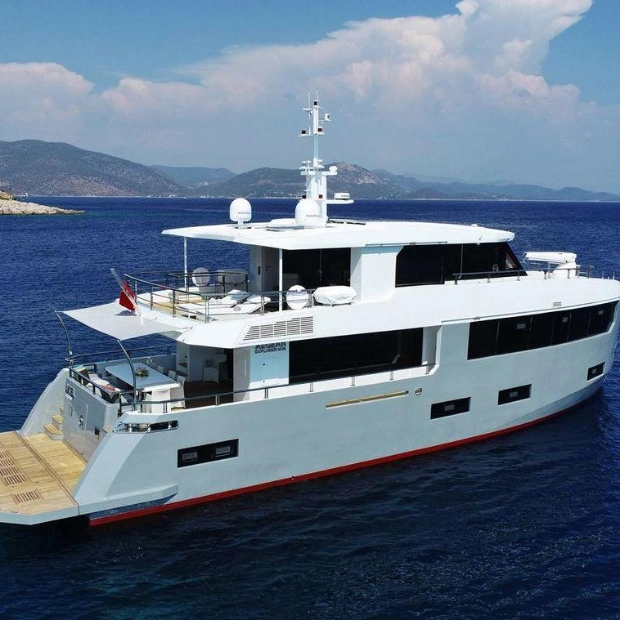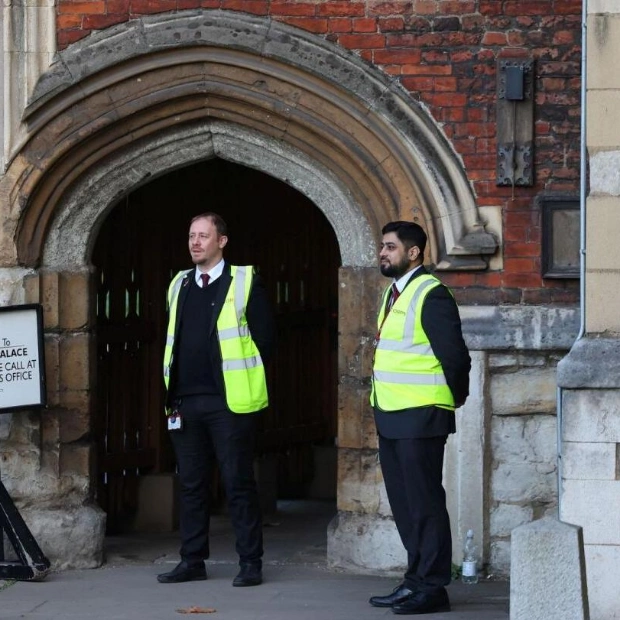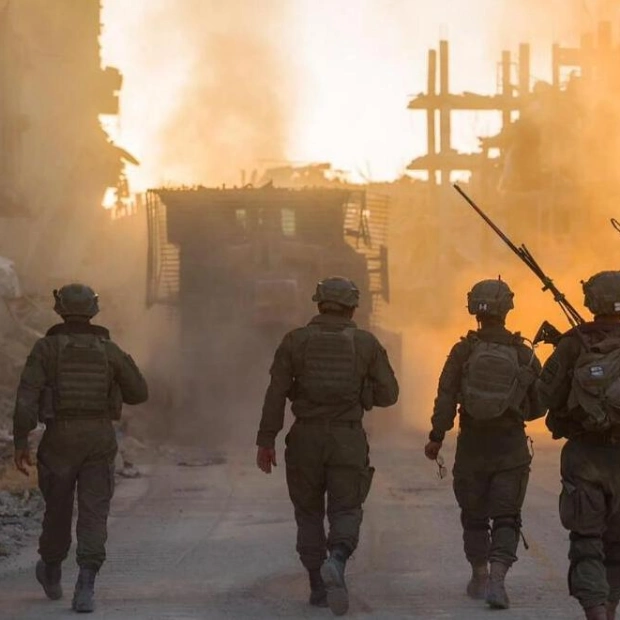On 13 December, two years will have passed since John Njau Kibue's tragic death. The details surrounding his demise remain undisclosed, but it is certain that the 24-year-old security guard fell from the highest level of Lusail Stadium just three days before, approximately two hours after the World Cup quarter-final between Argentina and the Netherlands concluded. The event continued, and hours after Kibue's death, Argentina returned to Lusail to face Croatia, with thousands of fans unknowingly passing near the spot where he landed. Five days later, Lionel Messi and Kylian Mbappé graced the same venue for the greatest final, leaving few to remember Kibue amidst the post-match celebrations.
Kibue's sister revealed that he had been working long hours, a fact confirmed by his colleagues to the Guardian. His funeral in Kenya, held on New Year's Eve, was streamed online and viewed over 3,500 times. The faces of those paying their respects showed the profound grief of their loss; a brief eulogy later captured the profound impact this young man had on his loved ones and community.
The exact number of migrant workers who died on stadium and infrastructure projects for Qatar 2022 may never be known. This newspaper's data indicates at least 6,751 people from several Asian countries died in Qatar between 2010 and 2020. Statistics from African embassies, including Kenya's, are harder to obtain. It's a grim reality that thousands of lives were lost in a game they could not win.
Another staggering number is 21,000—the total of Nepali, Bangladeshi, and Indian workers reported to have died in Saudi Arabia since the launch of Vision 2030 in April 2016. This revelation came from an ITV documentary, Kingdom Uncovered: Inside Saudi Arabia, which exposed the harsh realities of the country's development projects. Six and a half weeks before Saudi Arabia's 2034 World Cup bid is approved, we are reminded of the human cost.
It's easy to dismiss some of the stadium designs in Saudi Arabia's official bid as unrealistic, such as a three-sided venue atop a cliff or an arena 350 meters above ground in Neom. Yet, Saudi Arabia has proven it will do whatever it takes to achieve its goals. The ITV documentary detailed the forced evictions and brutality faced by the Huwaitat tribe to clear land for Neom. The project is already behind schedule, raising questions about its readiness to host a major football tournament.
Abuses are not limited to Neom. The documentary also highlighted the tragic story of Raju, a Nepali worker who died in a Jeddah camp due to inadequate medical care. Other camps showed scenes of squalor and exploitation, with workers describing conditions akin to slavery. The documentary also exposed the horrors in migrant detention centers.
If these issues concern you, and if you fear the tragedies in Qatar are just a prelude to the suffering that could unfold for Saudi Arabia 2034, there may be little time to act. On 11 December, the tournament will be approved in a vote that simultaneously awards the 2030 and 2034 editions. Opposing the Saudi bid could jeopardize the centenary event planned for 2030.
Some may dismiss these concerns as overblown, believing Fifa's human rights report, criticized by Amnesty International, is sufficient. As the 2034 project progresses, there will be new developments and new figures to consider. It's crucial to remember the 21,000 lives lost and to reflect on individuals like Kibue, whose life was far more than a mere statistic, as we question how the sport can allow such suffering to continue.
Source link: https://www.theguardian.com






